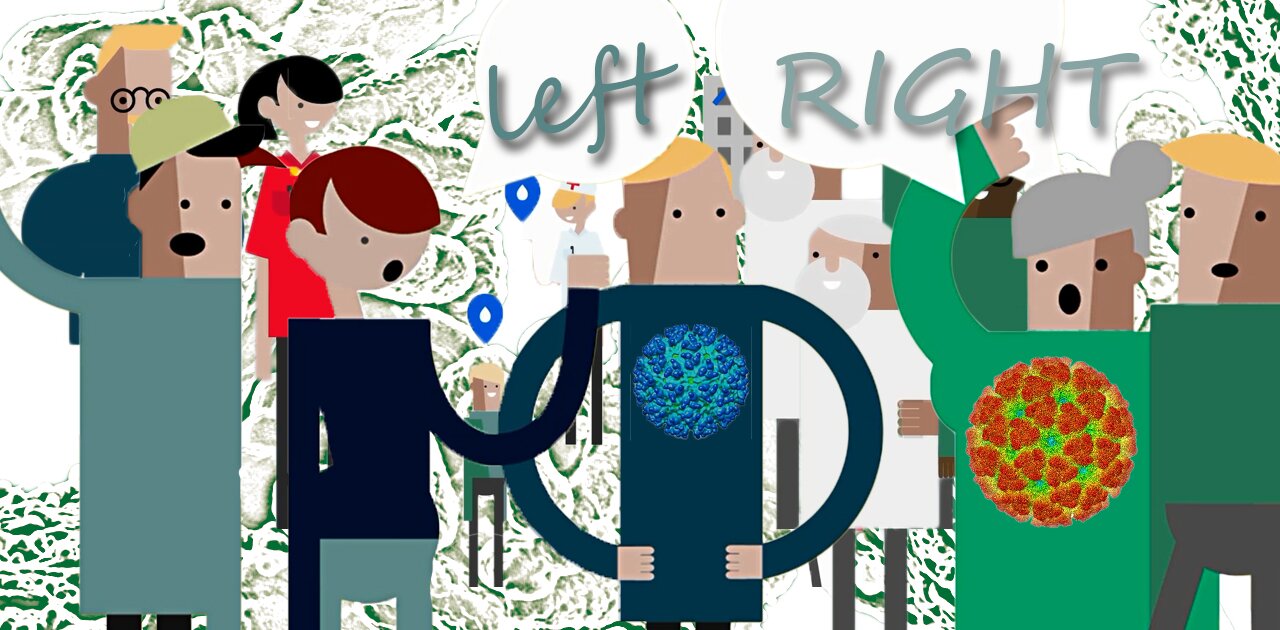The recent outbreak of Ebola has killed over 1,000 people in four West African countries. Ebola virus disease is transmitted by direct contact with the blood, body fluids and tissues of infected people or animals. There is no cure and no vaccine to prevent infection.
Vastly underestimated
“A coordinated international response is deemed essential to stop and reverse the international spread of Ebola", the World Health Organization said last week after an emergency meeting on Ebola. The Geneva-based U.N. health agency said the outbreak of the virus is ‘vastly underestimated’: the numbers of reported cases and deaths do not reflect the scale of the crisis.
Infectious disease
It also said inexperience in dealing with the outbreak and misperceptions of the disease, including how it is transmitted, "continue to be a major challenge."
Keiji Fukuda, the WHO's head of health security, stressed that, with the right measures to deal with infected people, the spread of Ebola could be stopped. "This is not a mysterious disease. This is an infectious disease that can be contained."
Fear and misinformation are important factors, says Keji Fukuda. “This is critical to understand, because what it is doing is that it helps foster suspicion and anxiety in communities. When that happens we see a situation where people are reluctant to go to health facilities or to bring their family members there."
Communication fails
“Recent pandemics such as SARS and influenza have shown that we need effective measures to fight major epidemic outbreaks”, says Professor Jan Hendrik Richardus, Scientific Coordinator of E-com@eu. However, the authorities often fail in communicating the need for large-scale measures, according to Professor Richardus. "As a result, the acceptance of such measures among the general population and high-risk groups is low.”
Trustworthy manner
E-com@eu aims at developing evidence-based communication advice for European health authorities for use in the event of major epidemic outbreaks. Prof. Richardus: “This should help them to communicate the need for large-scale measures in a trustworthy manner. Examples of such measures are vaccination and antiviral therapy.”
Harvard article
Read the article of Harvard Business Review about the need for powerful communication to manage Ebola.
Video
Ebola virus: What is it? Watch the BBC News video for a one-minute explanation.



Add new comment